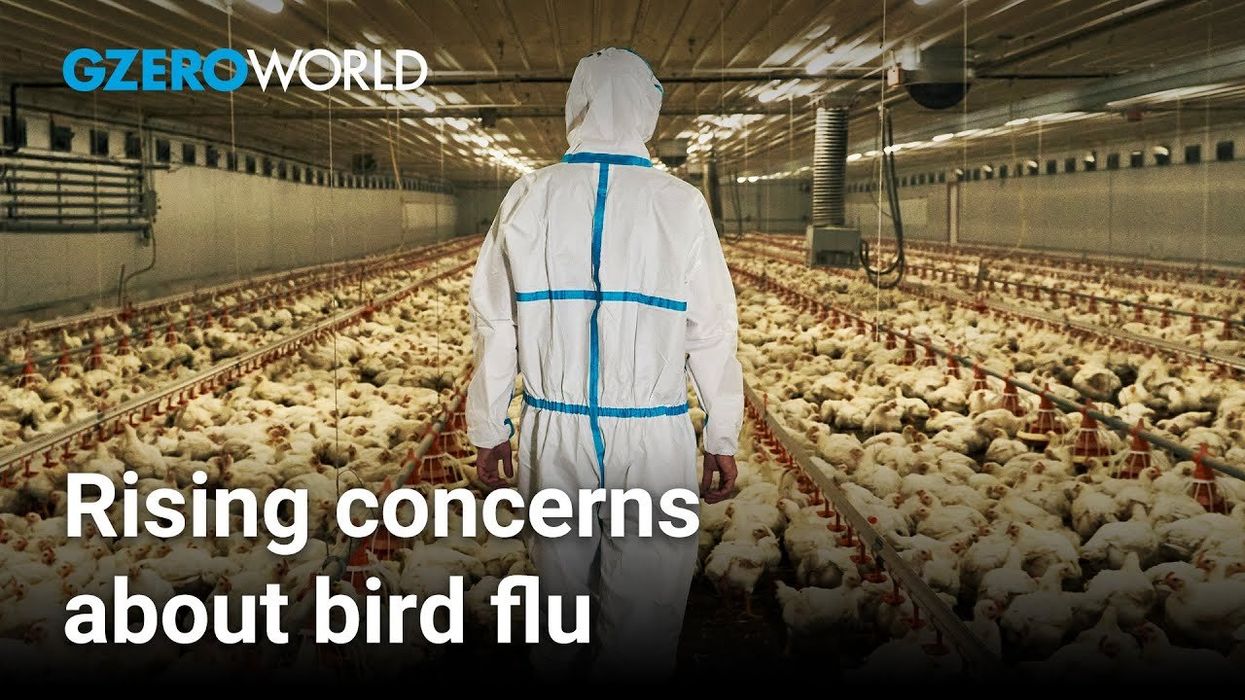The Ripple Effect: Investing in Life Sciences
Why life sciences are critical to national security
What if the next virus isn’t natural, but deliberately engineered and used as a weapon? As geopolitical tensions rise and biological threats become more complex, health security and life sciences are emerging as critical pillars of national defense. In the premiere episode of “The Ripple Effect: Investing in Life Sciences”, leading experts explore the dual-use nature of biotechnology and the urgent need for international oversight, genetic attribution standards, and robust viral surveillance.
Jun 30, 2025



